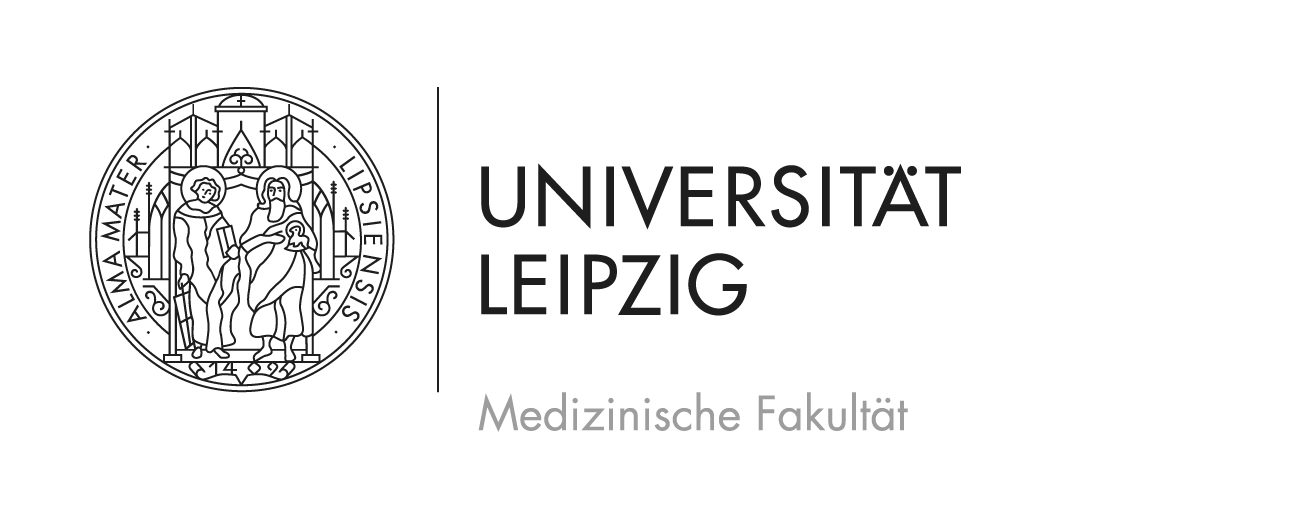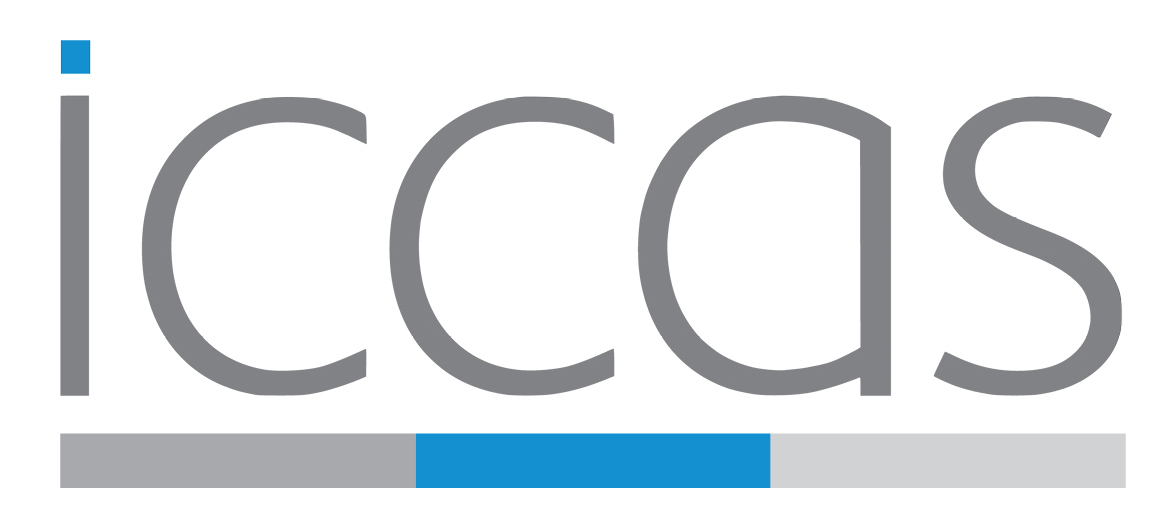


Sven.Martin@medizin.uni-leipzig.de
+49 341 97-12061
Herr Sven Martin absolvierte sein Studium der Elektrotechnik und Informationstechnik im Jahr 2015 an der HTWK Leipzig. Seine berufliche Laufbahn begann er als wissenschaftlicher Mitarbeiter sowie Entwicklungsingenieur und vertiefte seine Expertise in den Bereichen digitale Signalanalyse, Statistik und Embedded Systems. Er arbeitete sowohl für das Haptik-Forschungslabor der Universität Leipzig als auch für die Gruppe Geotechnik an der HTWK Leipzig.
Mit seiner mehrjährigen Erfahrung im Bereich der Tastsinnesforschung widmet sich Herr Martin derzeit seiner Promotion. Sein Forschungsthema umfasst die taktile Stimulation und die Analyse von Reaktionszeiten zur Behandlung der apnoeassoziierten Hypoxämie bei Frühgeborenen.
Seit Anfang 2024 verstärkt Sven Martin das Team des Health Communication Lab am ICCAS.
Erstautorschaft:
Martin, S.; Ackermann, B. W.; Thome, U. H.; Grunwald, M.; Mueller, S. M. (2023): Association of response time and intermittent hypoxemia in extremely preterm infants. Acta Paediatrica, 112(7), 1413-1421. Doi: 10.1111/apa.16766
Martin, S., Thome, U.H., Grunwald, M., Mueller, S.M. (2020). Light or Deep Pressure: Medical Staff Members Differ Extensively in Their Tactile Stimulation During Preterm Apnea. Front. Pediatr. 8:102. doi: 10.3389/fped.2020.00102
Ko-Autorschaft:
Butz, K.H.G., Mueller, S.M., Spille, J.L., Martin, S., Grunwald, M. (2022): Spontaneity matters! Network alterations before and after spontaneous and active facial self-touches: an EEG functional connectivity study. International Journal of Psychophysiology, 184, 28-38.
Mueller, S.M.; Ackermann, B.W.; Martin, S.; Seifert, K. Mohr, A.; Alali, W.; Thome, U.H.; Grunwald, M. (2022). Incidence of intermittent hypoxia increases during clinical care in extremely preterm infants. Neonatology, 120(1), 102–110. DOI: 10.1159/000527725
Spille, J.L., Grunwald, M., Martin, S., Mueller, S.M. (2022). The suppression of spontaneous face touch and resulting consequences on memory performance of high and low self-touching individuals, Scientific Reports, 12(1), 8637. Doi: 10.1038/s41598-022-12044-4
Spille, J. L., Mueller, S. M., Martin, S., & Grunwald, M. (2022). Cognitive and emotional regulation processes of spontaneous facial self-touch are activated in the first milliseconds of touch: Replication of previous EEG findings and further insights. Cognitive, Affective, & Behavioral Neuroscience, 22, 984–1000. https://doi.org/10.3758/s13415-022-00983-4
Spille, J.L., Martin, S., Grunwald, M., Mueller, S.M. (2021): Stop touching your face! A systematic review of triggers, characteristics, regulatory functions and neuro-physiology of facial self touch. Neuroscience and Biobehavioral Reviews, 128, 102-116.
Mueller, S., Martin, S. & Grunwald, M. (2019). Self-Touch: Contact durations and point of touch of spontaneous facial self-touches differ depending on cognitive and emotional load. PloS one, 14(3), e0213677. Doi: 10.1371/journal.pone.0213677
Mueller, S.M., Martin, S., Schwarz, M., Grunwald, M (2016). Temporal modulations of contact force during haptic surface exploration. PloS one, 11(4), e0152897